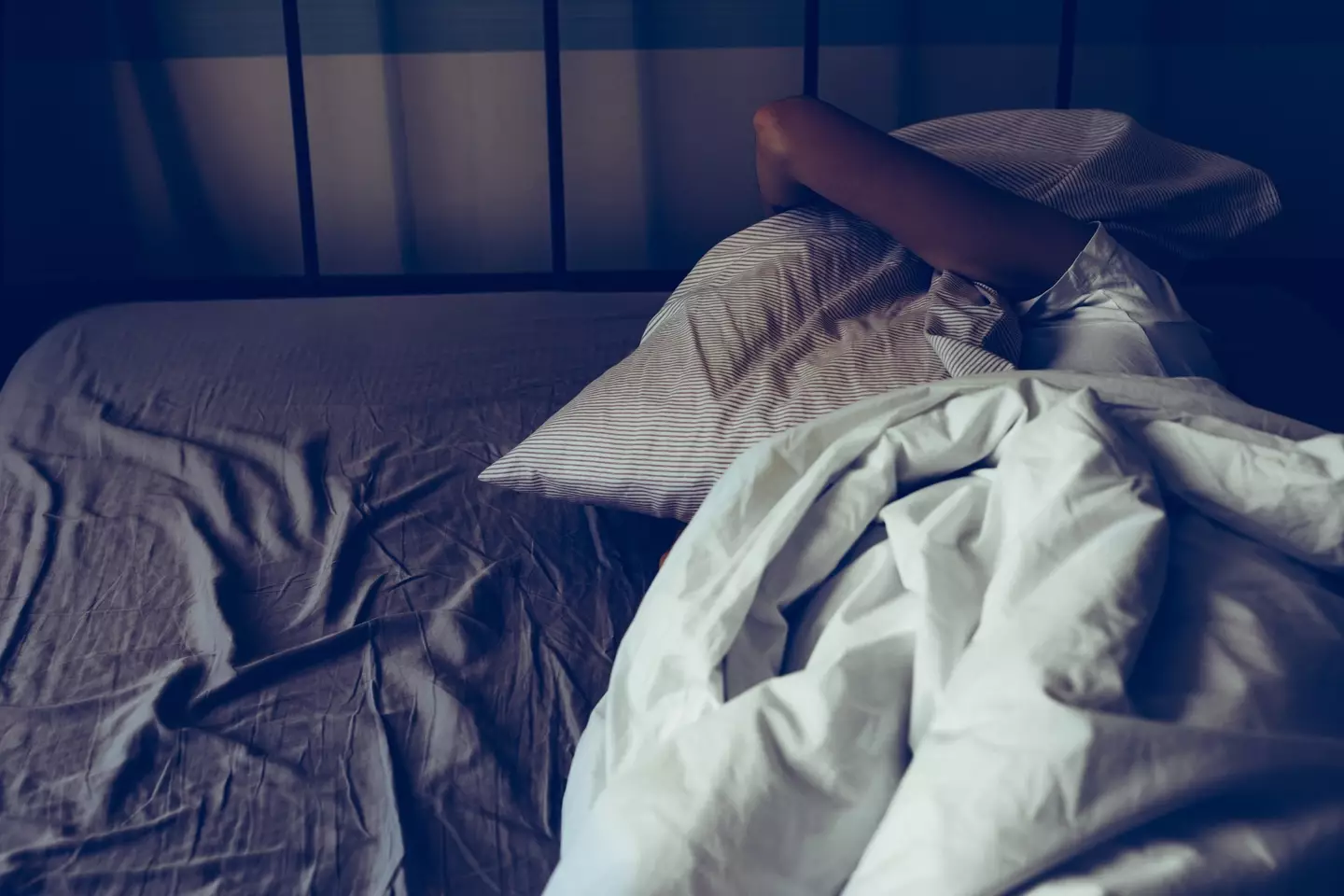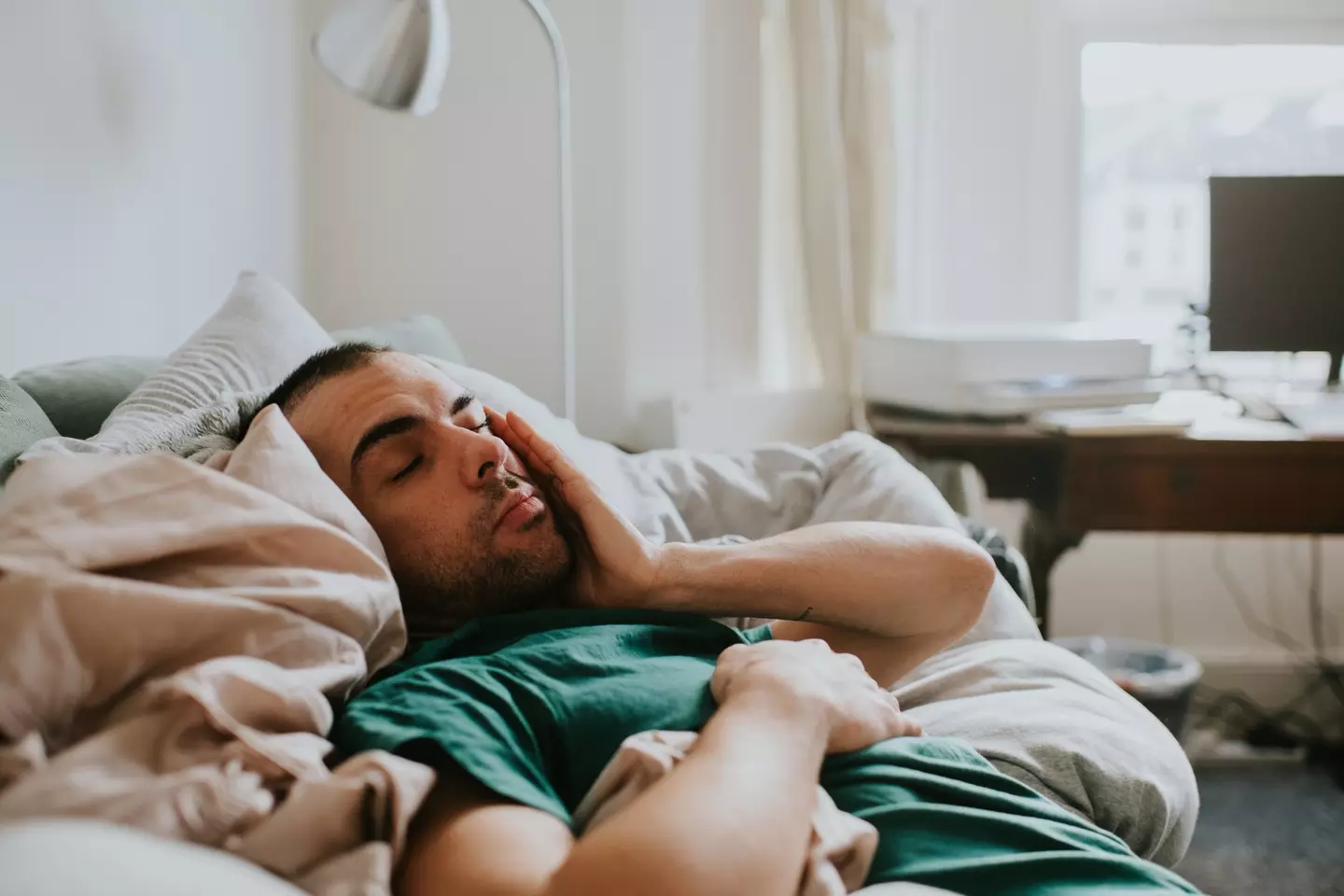Specialists have highlighted the ‘worst thing’ you can do if you find yourself awake in the middle of the night.
Many individuals experience waking at least once during their sleep, while some may awaken several times overnight.
While a number of people can drift back into slumber, for others, it’s not as easy.

Experts advise that if you find yourself awake at night and are unable to return to sleep, there is one particular thing you should definitely avoid.
And no, it’s not heading to the fridge for a late-night snack, although that’s probably not advisable either.
Dr. Fiona Barwick, who leads the Sleep & Circadian Health Program at Stanford University School of Medicine, suggests a different approach rather than staying in bed pondering your inability to sleep.
She mentioned to Self: “Thinking about the fact that you’re not sleeping can rouse your mind and make you more anxious.
“A better move is to accept your situation – don’t resist being awake – and find an alternative focus.”

Another professional suggests that if you cannot fall back asleep, ‘it’s crucial not to remain in bed’.
Sleep expert, Luis F. Buenaver advised through John Hopkins Medicine: “Doing this will lead your brain and body to associate your bed with wakefulness instead of with sleep.
“It can be difficult leaving a warm, comfortable bed after waking up in the middle of the night.
“But think of this step as an investment in better sleep – if not tonight then tomorrow night and in the future.
“Sit in a comfortable chair in another room.
“Read a book, with just enough lights on so that you can see the print comfortably.
“If your mind is racing (perhaps you’re going over a work presentation you’ll give in the morning or trying to solve a problem in your life), distract yourself by listening to quiet music or a recorded book for a few minutes. Don’t do anything stressful like working or paying bills.”
Buenaver also stressed that after a sleepless night, it’s crucial not to oversleep the following day and to maintain your regular schedule.
“Don’t sleep in, don’t nap, and don’t go to bed early the next night,” he stated.
“Get up at your usual time and go to bed at your usual bedtime. You may feel a bit more tired than usual during the day, but by increasing your body’s appetite for sleep you’re ensuring a better night—and you’ll put yourself on track for sound sleep after that.”

